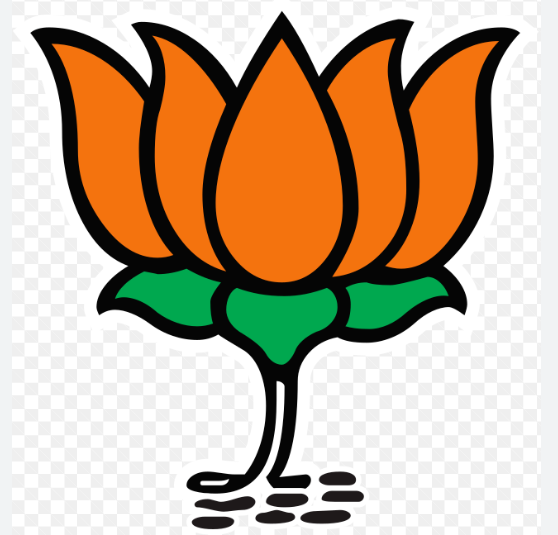The Bhartiya Janata Party (BJP) stands as a cornerstone in the Indian political landscape, tracing its roots back to the 20th century. Founded in 1980, it emerged from the Bharatiya Jana Sangh, with a vision deeply entrenched in the principles of Hindutva and cultural nationalism. BJP has since evolved into one of the most influential political entities in India, wielding significant power both nationally and in various states.
Lok Sabha: The Indian Lower House of Parliament
Role and Functions
The Lok Sabha, or House of the People, serves as the lower house of India’s Parliament. Its primary function lies in lawmaking, where it holds legislative powers to propose, amend, and pass bills. Additionally, the Lok Sabha exercises significant financial powers, including the approval of budgets and taxation measures.
Composition and Elections
Comprising 545 members, the Lok Sabha’s members are directly elected by the people of India. Elections occur every five years, and the composition reflects the population distribution across different states. The Lok Sabha elections are a monumental event in Indian democracy, with millions exercising their franchise to shape the nation’s political landscape.
Samajwadi Party: A Major Political Entity in India
Origins and Evolution
The Samajwadi Party (SP) emerged in 1992 under the leadership of Mulayam Singh Yadav, advocating for the upliftment of marginalized communities and socialist ideals. SP gradually expanded its influence, particularly in the state of Uttar Pradesh, becoming a formidable force in regional politics.
Political Agenda and Standpoints
At its core, the Samajwadi Party champions social justice and secularism. It focuses on addressing issues concerning farmers, youth, and minority communities. However, SP has faced criticism and controversies, particularly regarding law and order situations during its tenure in Uttar Pradesh.
Impact of Bhartiya Janata Party and Samajwadi Party in Indian Politics
BJP’s National Dominance
The BJP’s ascent to power at the national level marks a significant shift in Indian politics. Under the leadership of figures like Narendra Modi, BJP has secured consecutive electoral victories, emphasizing development, nationalism, and effective governance.
SP’s Regional Significance
In contrast, the Samajwadi Party maintains its stronghold in Uttar Pradesh, often playing a crucial role in state-level politics. Its ability to mobilize support from various sections of society has made it a force to reckon with, influencing policies and decisions that impact millions of lives.
Electoral Battles
The political landscape in India is replete with electoral battles between the BJP and SP, both at the national and state levels. These contests often reflect broader ideological clashes, with each party vying for supremacy while addressing the diverse needs and aspirations of the populace.
Conclusion
In conclusion, the Bhartiya Janata Party and the Samajwadi Party embody contrasting yet significant facets of Indian politics. While BJP’s national dominance underscores its appeal to a broader electorate, SP’s regional stronghold highlights the complexities and nuances of state-level dynamics. Together, these parties shape the trajectory of Indian democracy, navigating through challenges and opportunities to fulfill their respective visions for the nation.
FAQs:
- What is the ideology of the Bhartiya Janata Party?
- The BJP espouses principles of Hindutva, cultural nationalism, and development.
- How often are Lok Sabha elections held?
- Lok Sabha elections occur every five years, allowing citizens to elect their representatives.
- What are some key issues addressed by the Samajwadi Party?
- The Samajwadi Party focuses on issues related to social justice, farmers’ welfare, and minority rights.
- Has the BJP always been the ruling party at the national level?
- No, the BJP has had periods both in power and in opposition since its inception in 1980.
- How does the Lok Sabha influence Indian legislation?
- The Lok Sabha holds legislative powers to propose, amend, and pass bills, which then require approval from the Rajya Sabha and the President to become law.
